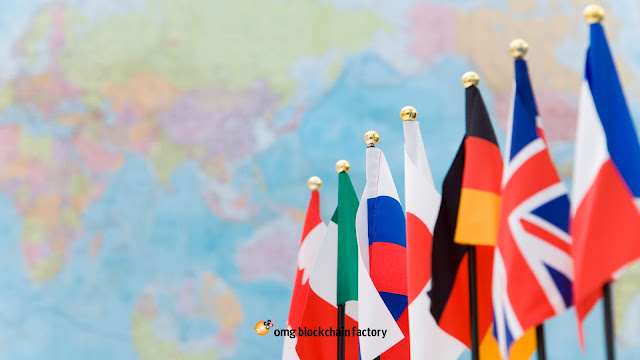On Friday, the Group of Seven countries (G7) made a statement together about more penalties for Russia. "Our countries have taken a wide range of restrictive measures that have had a major impact on Russia's economy and financial system," the statement says, referring to Vladimir Putin's February 24 invasion of Ukraine.
As part of their agreement, the G7 countries want to keep the effectiveness of their restrictions, clamp down on evasion, and close loopholes.
The G7 joint statement has the following:
"As part of this, we will make sure that the Russian government, its elites, and proxies and oligarchs can't use digital assets to evade or lessen the effects of international sanctions."
As the G7 leaders said, "It is well known that our current sanctions already cover crypto assets." And it will further limit their access to the global financial system, they said.
They will take steps to make it easier to find and stop illegal activity, and they will discover Russians who use digital assets to create and move money under their own rules.

Comments
Post a Comment